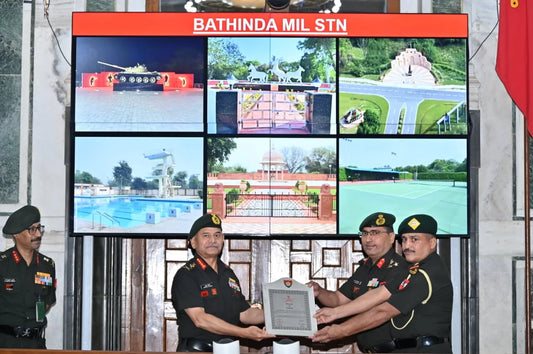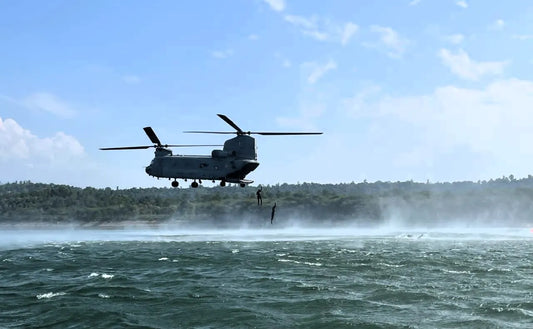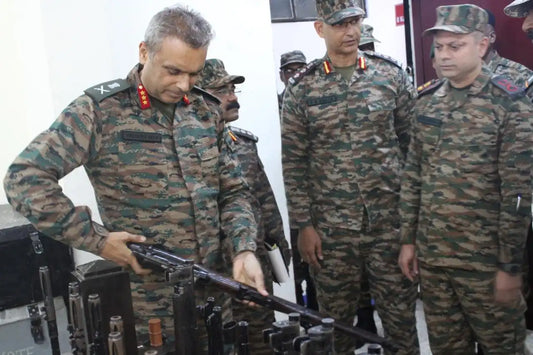India Seeks New Negotiations for Ganga Water Treaty with Bangladesh

In a notable diplomatic development, India has officially requested Bangladesh to reconsider the 1996 Ganga Water Treaty. This move underscores India's desire for increased water allocation to address its rising developmental and industrial needs. The treaty, which was initially established on December 12, 1996, is approaching its expiration next year. India is advocating for the establishment of a new agreement with a shorter duration of 10 to 15 years, enabling more flexibility in future discussions.
This initiative follows the suspension of the Indus Waters Treaty with Pakistan after the Pahalgam terror incident. Indian authorities now view the extension of the Ganga treaty through a different strategic lens, particularly given the heightened diplomatic tensions in the region. A senior official from the Ministry of External Affairs noted that prior to the Pahalgam attack, the inclination was to extend the treaty for another 30 years, but circumstances have substantially changed.
India's main focus is the Farakka Barrage, where the current water-sharing arrangement allocates 35,000 cusecs of water alternately to India and Bangladesh over 10-day intervals during the lean season, which spans from March 11 to May 11. India is now seeking an additional 30,000 to 35,000 cusecs during this critical period to address increasing demands for irrigation, port maintenance, and power generation.
Discussions within India reveal that the Farakka Barrage was initially designed to divert 40,000 cusecs of water to Kolkata Port, now known as Syama Prasad Mookerjee Port. Officials assert that the 1996 agreement has adversely affected the port's operations due to issues such as slope failure, bed erosion, and significant siltation. Additionally, the NTPC plant in the area has reportedly experienced intermittent water shortages.
The Union government's renewed position is supported by the West Bengal government, which would benefit directly from an increased water supply. Bihar has also expressed its requirement for more Ganga water to enhance both irrigation and drinking water systems.
India's diplomatic engagement with Bangladesh in early May involved addressing these concerns during a routine bilateral water-sharing meeting. However, diplomatic relations have been strained since the 2024 coup in Bangladesh, complicating ongoing efforts and influencing India's security considerations.
Indian officials contend that as the upper riparian state, India's interests should now take precedence. An official remarked on the need to reassess the situation, referencing past grievances from the West Bengal government and questioning the continued generosity towards a neighbor that may not fully appreciate India's contributions.
With the treaty set for renewal in 2026, the negotiations are anticipated to become more intense in the months ahead, potentially marking a new chapter in the water diplomacy between India and Bangladesh.



















